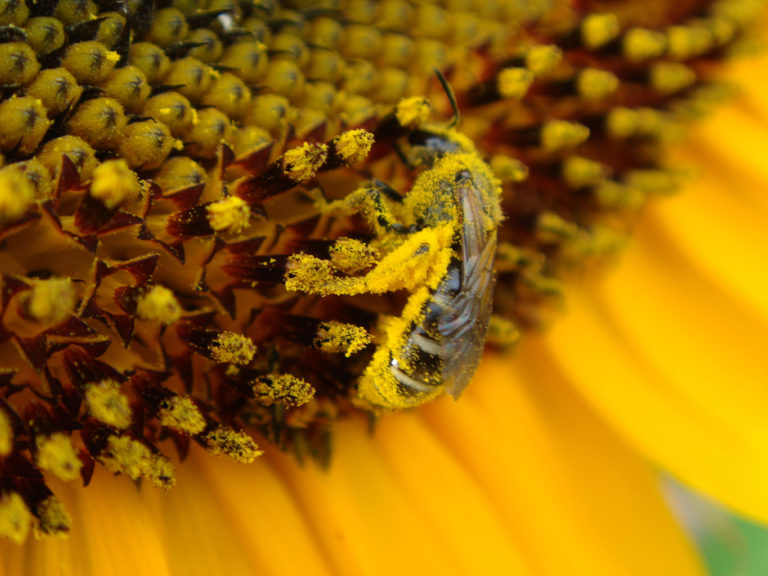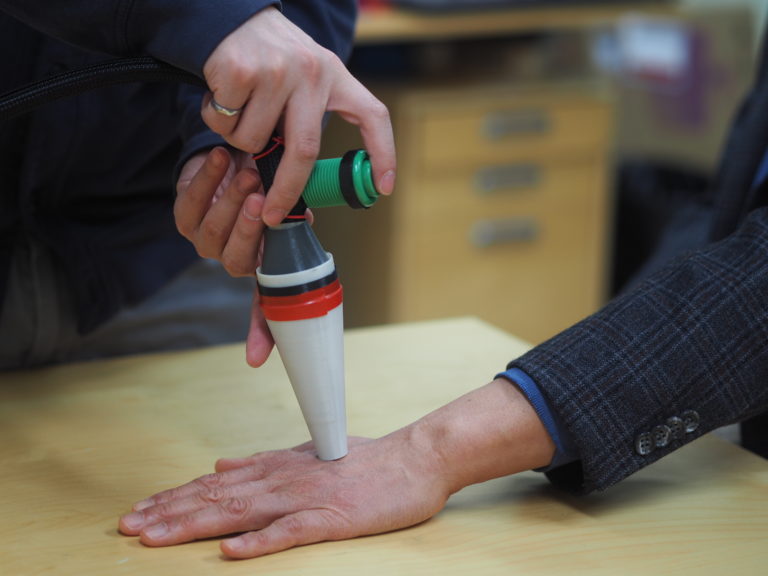-

Cardiorespiratory fitness of farmed Atlantic salmon unaffected by virus
The respiratory systems of Atlantic salmon function normally even when carrying large loads of piscine orthoreovirus (PRV), new UBC research has found.
-

New funding extends impact of UBC’s Centre for Gambling Research
A renewed investment of $1.36 million over five years from the B.C. government and BCLC will allow the Centre for Gambling Research at UBC to continue its research to reduce harms related to gambling.
-

New technique reveals big data from tiny babies
The first week of a newborn’s life is a time of the most rapid biological change in life as the baby adapts to living outside the womb, suddenly exposed to new challenges including bacteria and viruses. Yet surprisingly little is known about these early changes.
-

Exploring new frontiers at UBC’s Emerging Media Lab
There is a place at UBC where, without ever leaving a room, you can experience a stroll through Stanley Park, conduct an orchestra and even get a walking tour of the brain’s complex neuroanatomy.
-

Honey bees can help monitor pollution in cities
Honey from urban bees can tell us how clean a city is and help pinpoint the sources of environmental pollutants such as lead, new University of British Columbia research has found.
-

Home cooking and family meals are challenges, not solutions
Prominent food gurus recommend that we cook from scratch and gather our families around the table each night. But knowing what’s good for us doesn’t necessarily mean we can do it.
-

Statement on Mar. 7 incident
RCMP are investigating an incident that occurred on campus in the Forestry Sciences building Thursday afternoon.
-

Gay and lesbian spaces in the city becoming more diverse, not going away
Gay and lesbian spaces in cities are dispersing and diversifying rather than disappearing, new University of British Columbia research has found.
-

Low-cost ‘cancer probe’ could spot deadly melanoma early
Work is being done at UBC on a tool to help in the early detection of melanoma: a simple, compact laser probe that can distinguish between harmless moles and cancerous ones – in a matter of seconds.



